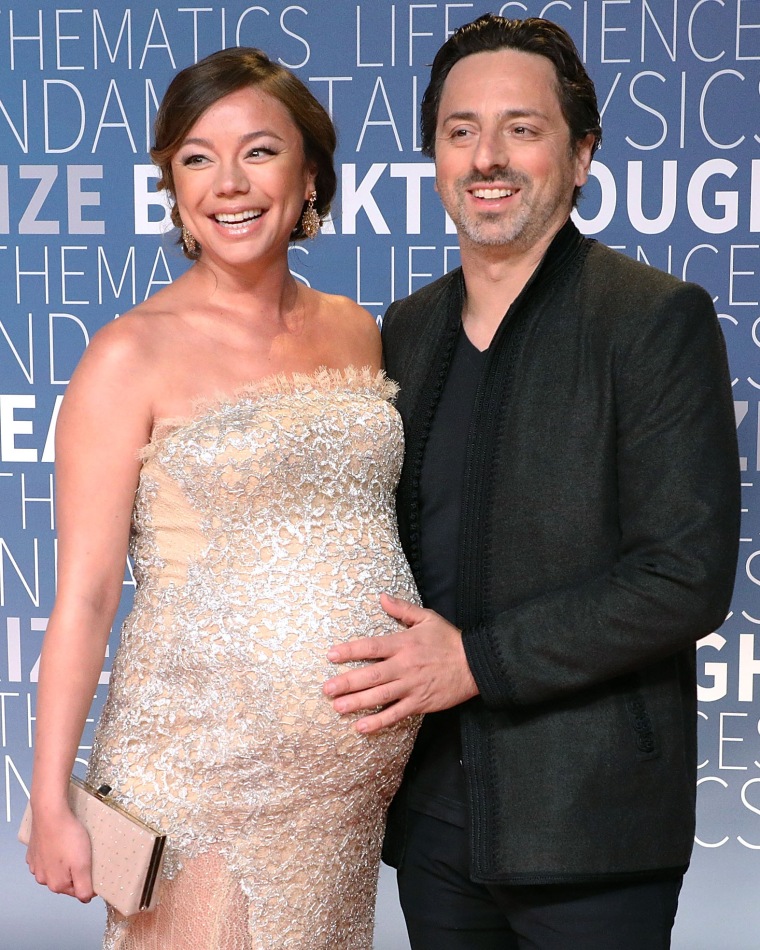Inside RFK Jr. VP pick Nicole Shanahan’s conspiratorial beliefs
Bigtree listed Shanahan’s history in tech — she founded and sold a patent analytics software startup — and her current occupation as a funder and investor in medical and scientific research as other pluses. Not mentioned: her personal wealth (reports estimate more than $1 billion), which she has enthusiastically donated to Kennedy’s campaign — $10 million since March, and an additional $4 million to a Kennedy PAC for a Super Bowl commercial. Also unmentioned was the thing that led her to Kennedy, the one qualifier the campaign invokes over and over again: being a mother to a child with autism.
The Kennedy campaign denied multiple requests to interview Shanahan, and she’s yet to do any major media appearances or print interviews. Instead, she launched a podcast and has gone on programs outside the mainstream. In these conversations, she leans into that mom identity.
But asked whether Shanahan was helping Kennedy with the voting bloc of “autism warrior moms,” Bigtree balked.
“Why would we need any help with that group?”
Shanahan describes her life as the “American dream.” She grew up poor in Oakland, California. Her mother, an immigrant from Guangzhou, China, worked low-wage jobs and her father, a white American, struggled with manic depression and addiction. She escaped to her grandparents’ home during the summers and eventually to college in Tacoma, Washington. While in law school at Santa Clara University in 2013, she founded ClearAccessIP, a patent management tech company.
In 2014, she met Brin at a yoga festival in Lake Tahoe. After a brief marriage to a Bay Area investor, Shanahan coupled with a recently divorced Brin. They were planning a future family when Shanahan, nearly 30 at the time, got a diagnosis of polycystic ovary syndrome, which ended their early efforts to freeze embryos. “After three failed attempts at embryo-making and three dozen visits to in vitro fertilization clinics around the Bay Area, I learned that I was not nearly as unshakable as I thought I was,” she later said.
When Shanahan got pregnant naturally with her daughter, Echo (she credits acupuncture, “liver cleanses,” more sleep and “letting go”) she took her personal experience as evidence that the medical guidance she’d gotten had been junk, motivated not by science, but by financial gain.
Shanahan, armed with Brin’s money, began pouring millions of dollars into research on extending female reproduction — an outgrowth of the longevity movement that had already enraptured Silicon Valley funders. Where the for-profit IVF industry was stifling knowledge, she would fund it through her new nonprofit, the Bia-Echo Foundation, researching better diagnoses and natural remedies for infertility.
“Her experience became a cause,” a feature in The New Yorker explained.

In April 2020, she found another. As Shanahan describes it in podcasts and campaign videos, Echo was born “healthy,” but started to “slow fade,” engaging and speaking less. As Covid began to rage across the world, Shanahan had her daughter assessed over Zoom and got a diagnosis of autism. When speech therapy was distressing for Echo and didn’t produce the results Shanahan was hoping for, Shanahan started to question things. Maybe, Shanahan thought, Echo’s autism would be like her fertility — diagnosed by doctors and treated by experts who were ultimately wrong.
“Doing your own research” was a common refrain in the early Web 2.0 anti-vaccine community before outsiders repurposed it as a joke aimed at conspiracy theorists. For Shanahan, it became a mission. She found a community of parents to children with autism, elite Silicon Valley moms and dads who didn’t buy the medical consensus that autism is mostly genetic and can be lived with, but not fixed. Shanahan spent more than half her time reading publications and posts about autism, listening to podcasts and calling up researchers who caught her attention.







